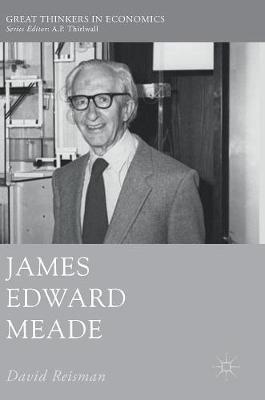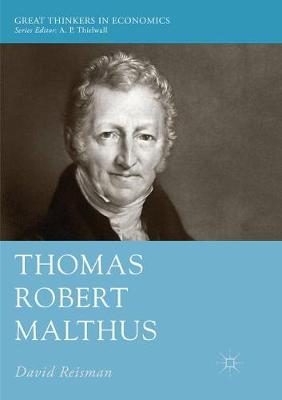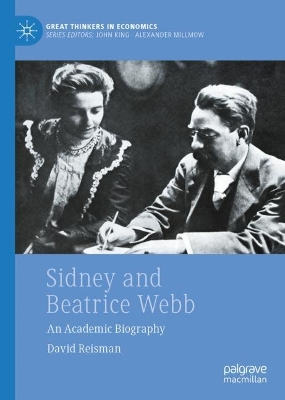Great Thinkers in Economics
3 total works
This book reviews James Meade's prolific contribution to economics and its lasting impact. Few economists have written so much and on so many different topics. Meade was awarded the Nobel Prize in Economics in 1977 (jointly with Bertil Ohlin) for his contribution to international economics, but could just as easily have been awarded this for his contribution to the economics and politics of the managed economy. His commitment to the middle ground, neither free market nor command, runs through the whole of his published work, from Planning and the Price Mechanism in the shadow of post-war rationing to The Intelligent Radical's Guide to Economic Policy and Full Employment Regained? when inflation combined with stagnation reopened the debate between the monetarists and the Keynesians. Meade was active in politics, most prominently in the debates in the 1960s about the European Economic Community and in the 1980s on the formation of Britain's Social Democratic Party. As a person, he can best be described as a cultured Englishman, quiet and open, much in the mould of Coase, Mirrlees or Hicks.
This book draws upon the whole of Meade's published work. It incorporates insights from unpublished papers and surviving correspondence kept at the London School of Economics and Political Science as well as interviews with family members and associates. The book will be of interest to economists but also to the students of politics and philosophy that Meade himself would have wanted to reach.
Thomas Robert Malthus (1766-1834) was a leading figure in the British classical school of economics, best-known for extending the insights of Adam Smith at a time of revolutionary improvements in agriculture and industry. This book explores the way in which he accounted for the tendency to overpopulation, the exhaustion of arable land and the deficiency of effective demand.
Malthus relied on historical and empirical evidence in the spirit of Bacon and Hume, but also backed up his data with a priori hypotheses that link him to his contemporary, David Ricardo. Malthus was strongly in favour of free trade, the minimal State, the gold standard and the abolition of poverty relief. Always a pragmatist, however, he was just as much in favour of public education, contra-cyclical public works and a safety net of tariffs and bounties to encourage national self-sufficiency with regard to food. He was both an economist and a clergyman and saw the two roles as interconnected. Malthus believed that a benevolent Deity had created vice and misery in order to shake human beings out of their natural indolence that would otherwise have condemned them to still greater distress.
This title provides a clear and comprehensive examination of Malthus’s economic and social thought. It will be of interest to students and scholars alike.


